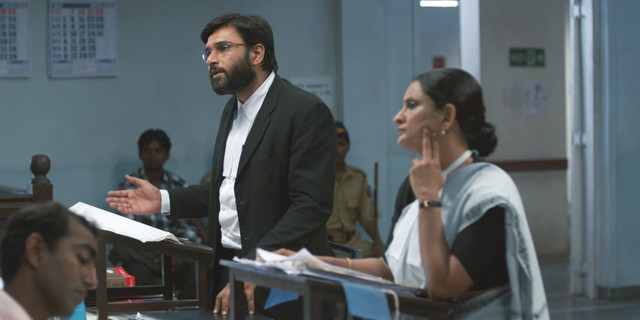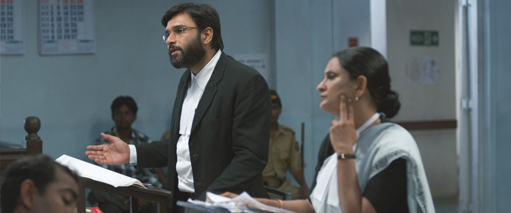Film Review: Court
Probing Indian Drama Picks Judicial System Apart Piece By Piece


Latest Article|September 3, 2020|Free
::Making Grown Men Cry Since 1992

